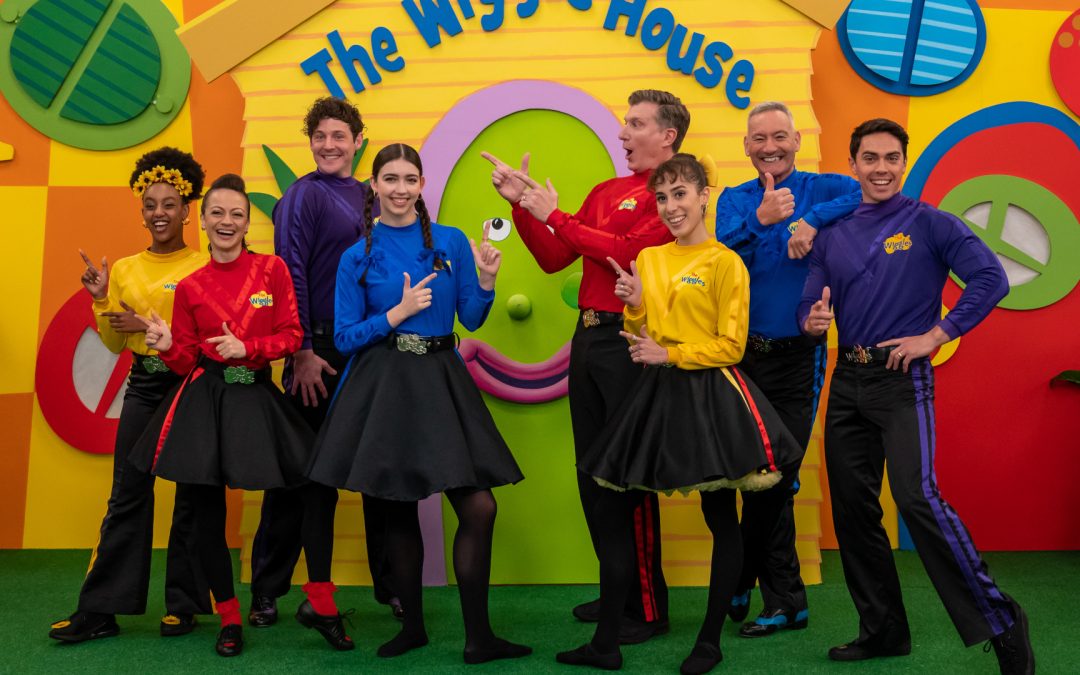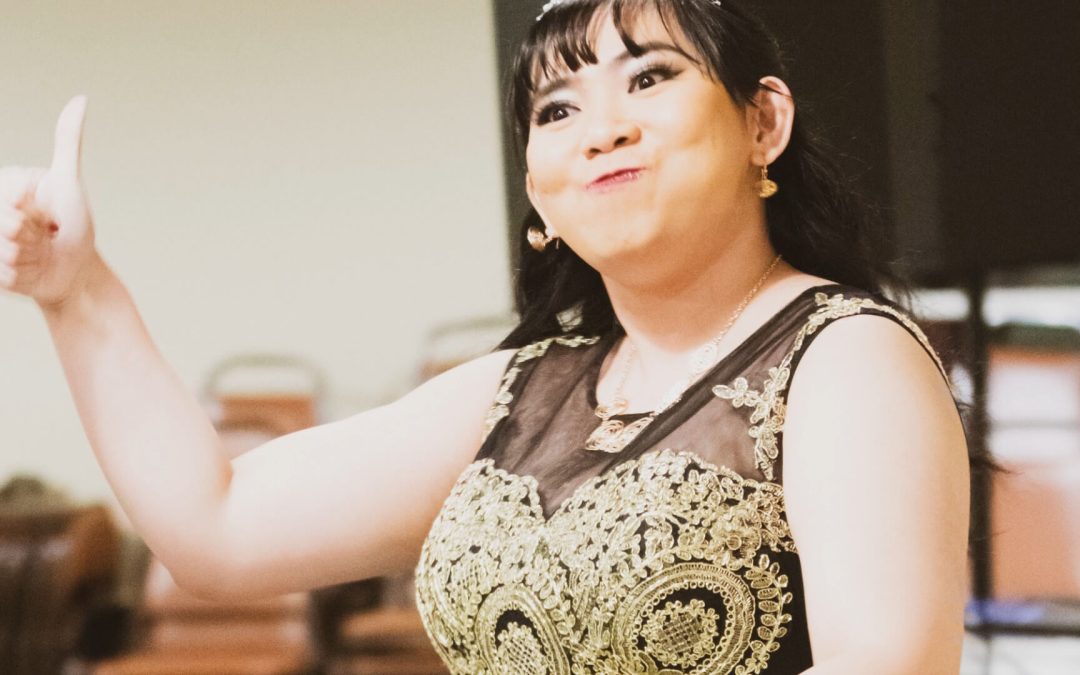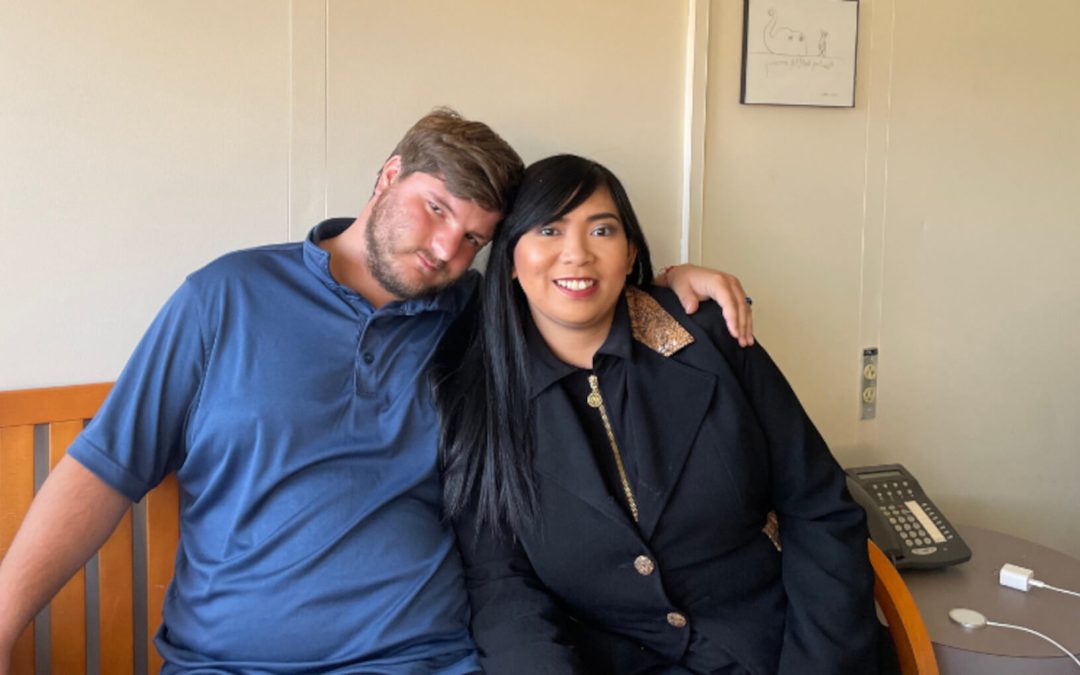Ainsley shares her joy of books as well as some favorite titles. Ainsley & Bubba also talk with Dr. Gwynette about media selection, the introduction of topics at a developmentally appropriate stage of life, and staying safe while making friends and being online.
Music by @MrBobbyKalman



0 Comments